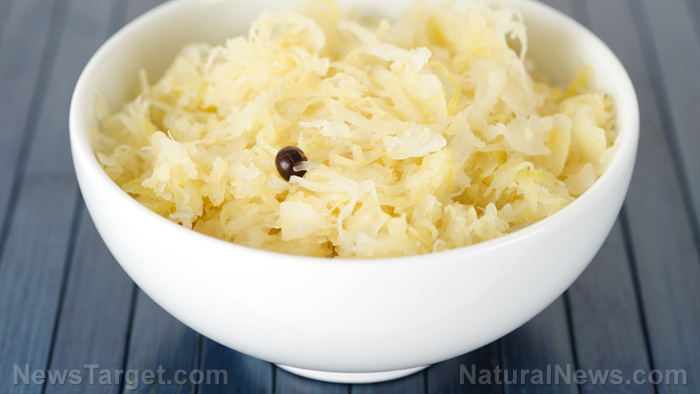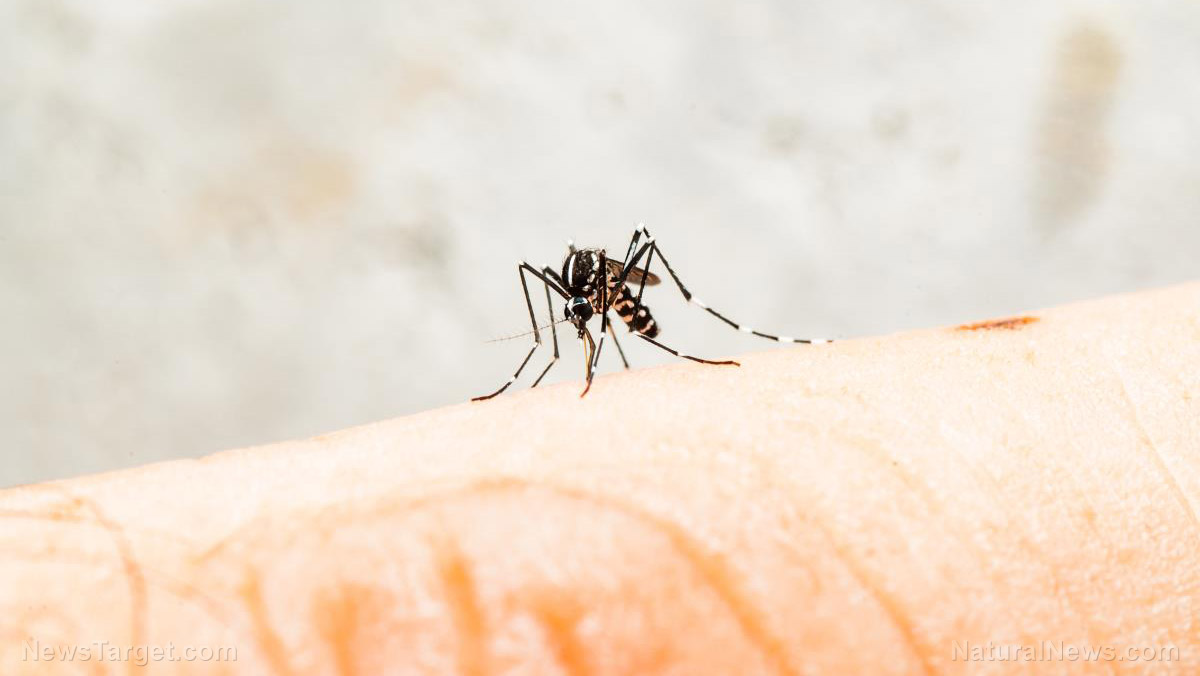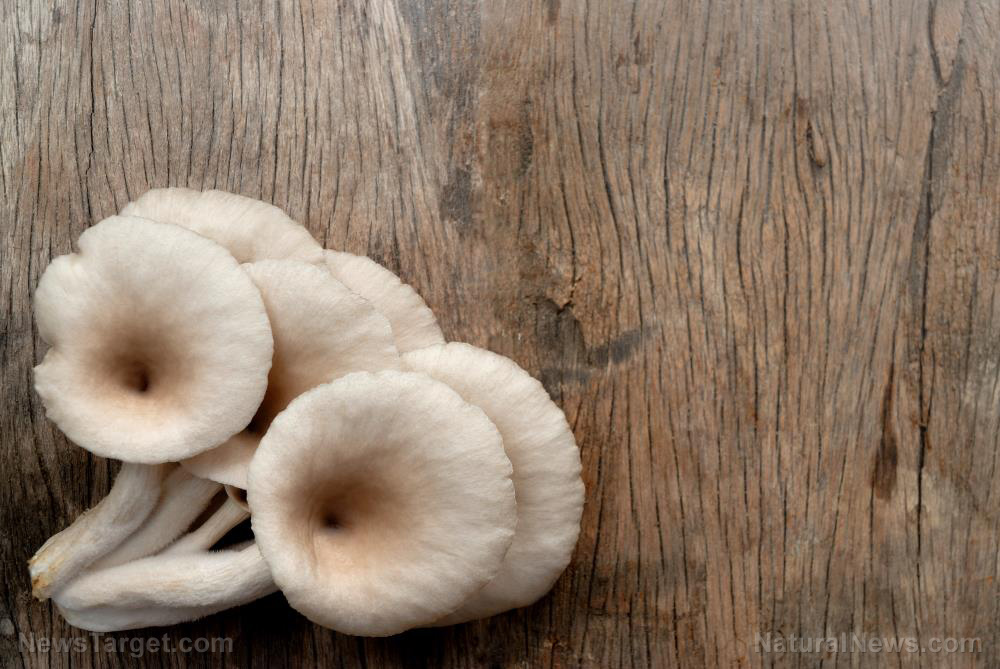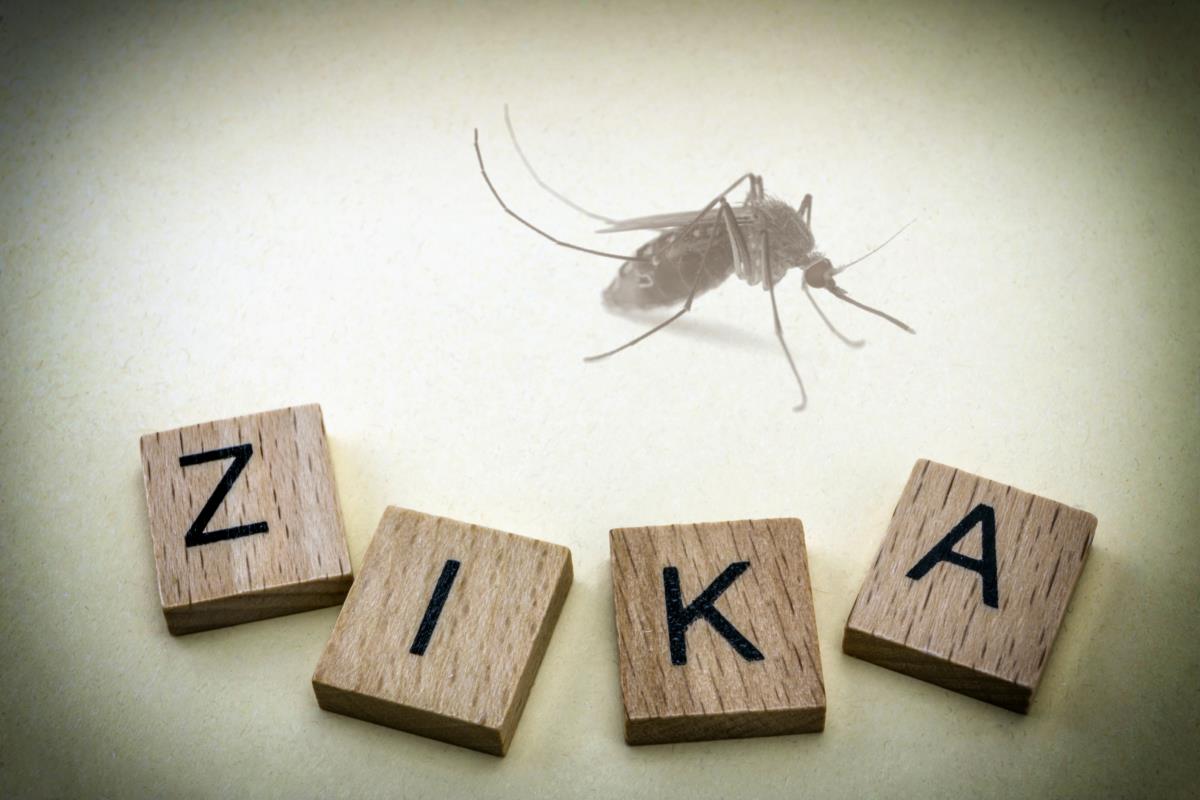Vitamin-rich pineapple fruit hosts a variety of health benefits that make it a REAL superfood
02/14/2020 / By Ralph Flores
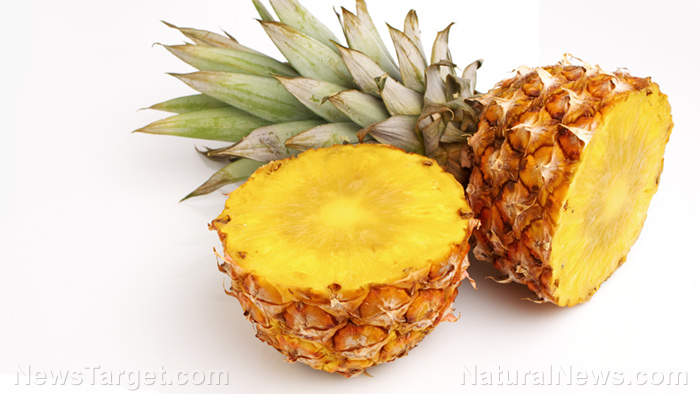
The pineapple (Ananas comosus) is a tropical fruit that has been celebrated for centuries, thanks to its unique taste and amazing health benefits — a single serving of pineapple chunks can boost immunity, build strong bones and improve digestion. For all its sweetness however, it’s actually great for weight loss, since the fruit is low in calories.
According to the Purdue University Center for New Crops and Plant Products, the pineapple is the only member of the Bromeliaceae family that produces edible fruit. Interestingly, the nutrient-rich fruit is classified as a composite fruit, that is, a fruit made of individual berries that grow at the crown of a fruiting tree. Other composite fruits include apples, mulberries and jackfruits.
A crown treasure from the New World
In the past, the word “pineapple” meant something different: It was first used to describe the reproductive organs of conifers, which are now called pine cones. The fruit was first brought to Europe by explorers who went to what is now modern-day South America, where pineapples are native. The fruits were then imported, grown in hothouses and made available only to European royalty and nobility. It was only after James Dole grew it on plantations in Hawaii that the fruit became more accessible for everyone to enjoy. These days, most of the world’s pineapples are grown in Brazil, the Philippines and Costa Rica (though they are still grown in Hawaii also).
Pineapples boast an impressive nutrient profile
People looking to boost their vitamin C and fiber intake should look no further than pineapples. In an article in Live Science, nutritionist Laura Flores from San Diego explained how the tropical fruits are loaded with essential vitamins and minerals such as vitamin C and manganese, as well as dietary fiber and bromelain (an enzyme).
“As well as having high amounts of manganese, which is important for antioxidant defenses, pineapples also contain high amounts of thiamin, a B vitamin that is involved in energy production” she added.
A single cup of pineapple chunks contains the following nutrients. (h/t to Healthline.com)
- Calories: 82.5 grams
- Fat: 1.7 grams
- Protein: 1 gram
- Carbs: 21.6 grams
- Fiber: 2.3 grams
- Vitamin C: 131% of the recommended daily allowance (RDI)
- Manganese: 76% of the RDI
- Vitamin B6: 9% of the RDI
- Copper: 9% of the RDI
- Thiamin: 9% of the RDI
- Folate: 7% of the RDI
- Potassium: 5% of the RDI
- Magnesium: 5% of the RDI
- Niacin: 4% of the RDI
- Pantothenic acid: 4% of the RDI
- Riboflavin: 3% of the RDI
- Iron: 3% of the RDI
It’s worth noting, however, that the kind of pineapple you purchase also plays a role, especially when it comes to the fruit’s nutritional profile: The U.S. Department of Agriculture notes that canned pineapples contain more calories and fewer nutrients than raw pineapples.
Pineapples are rich in antioxidants
A recent study by the Chinese Academy of Tropical Agricultural Sciences in Guangdong revealed that the tropical fruits are a great source of antioxidants, which help the body fight oxidative stress. This reduces the risk of chronic diseases like cardiovascular disease, diabetes and even certain cancers. In addition, many of these antioxidants are bound, which allows them to survive harsher conditions in the body and produce longer-lasting benefits.
“Pineapples can help reduce the risk of macular degeneration, a disease that affects the eyes as people age, due in part to its high amount of vitamin C and the antioxidants it contains,” Flores said.
Pineapples boost immunity, fight inflammation
The Amish community has long used pineapples to treat coughs — a claim that has reached wider audiences in recent years. According to researchers, this could be the synergistic effect of vitamins, minerals and enzymes like bromelain. In fact, multiple studies have shown that bromelain has anti-inflammatory properties, which can alleviate certain respiratory conditions. The anti-inflammatory properties of pineapples can even boost the immune system. (Related: Pineapple juice is 500% more effective than cough syrup, study shows.)
Delicious as pineapples are, people should eat them in moderation. One reason is you could be allergic to pineapples: If eating them makes you break into hives or causes difficulty breathing, seek medical attention immediately. In addition, those taking medications should consult with their healthcare professional before increasing their pineapple intake. Finally, you should only eat ripe pineapples, as the unripe fruit is toxic to humans.
Sources include:
Tagged Under: antioxidants, bromelain, food is medicine, fruits, nutrients, Pineapple, prevention, research
RECENT NEWS & ARTICLES
ImmuneSystem.News is a fact-based public education website published by Immune System News Features, LLC.
All content copyright © 2018 by Immune System News Features, LLC.
Contact Us with Tips or Corrections
All trademarks, registered trademarks and servicemarks mentioned on this site are the property of their respective owners.




